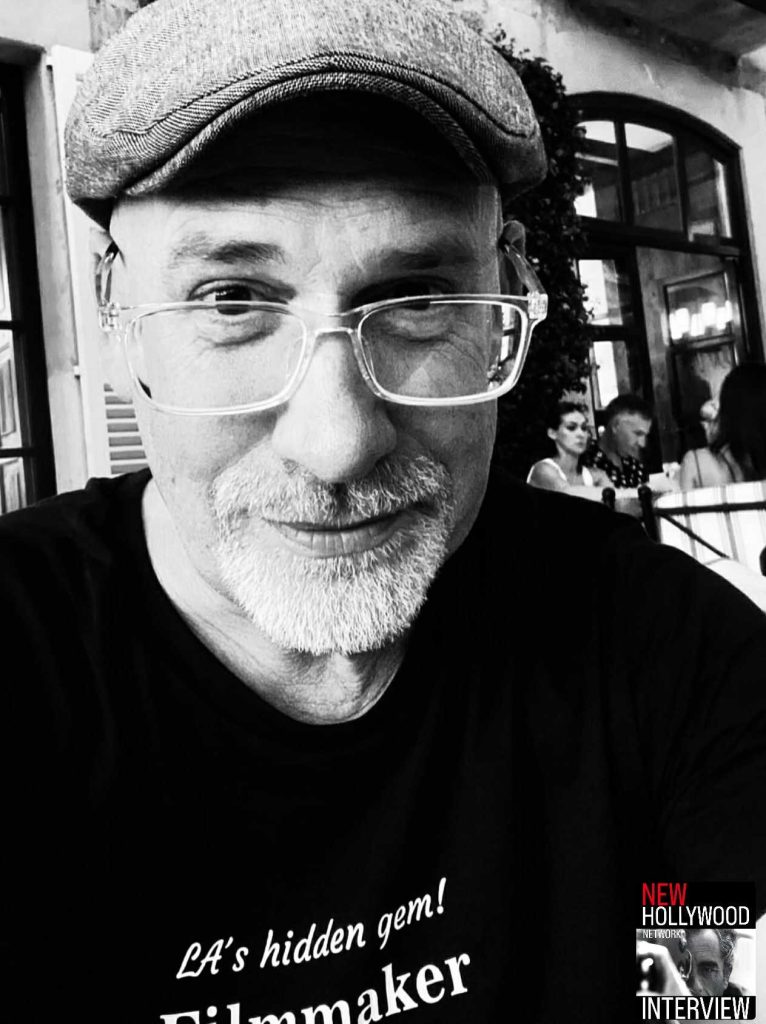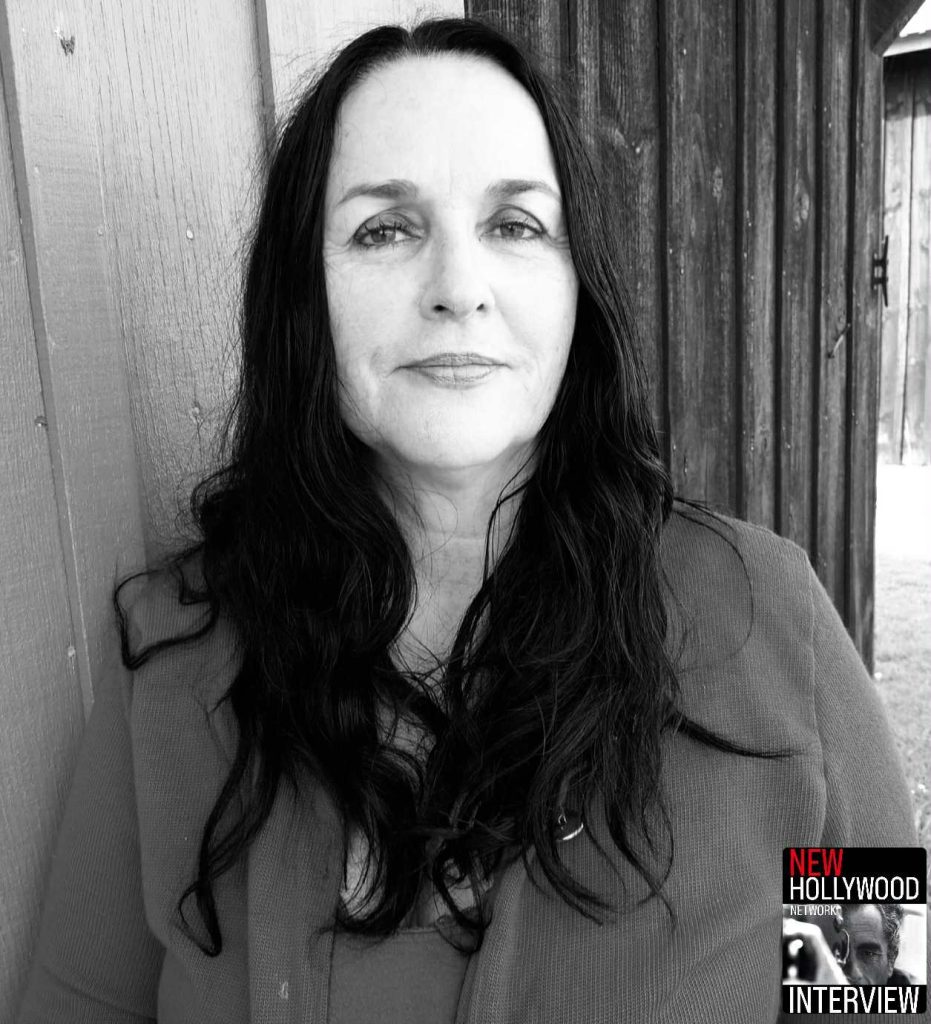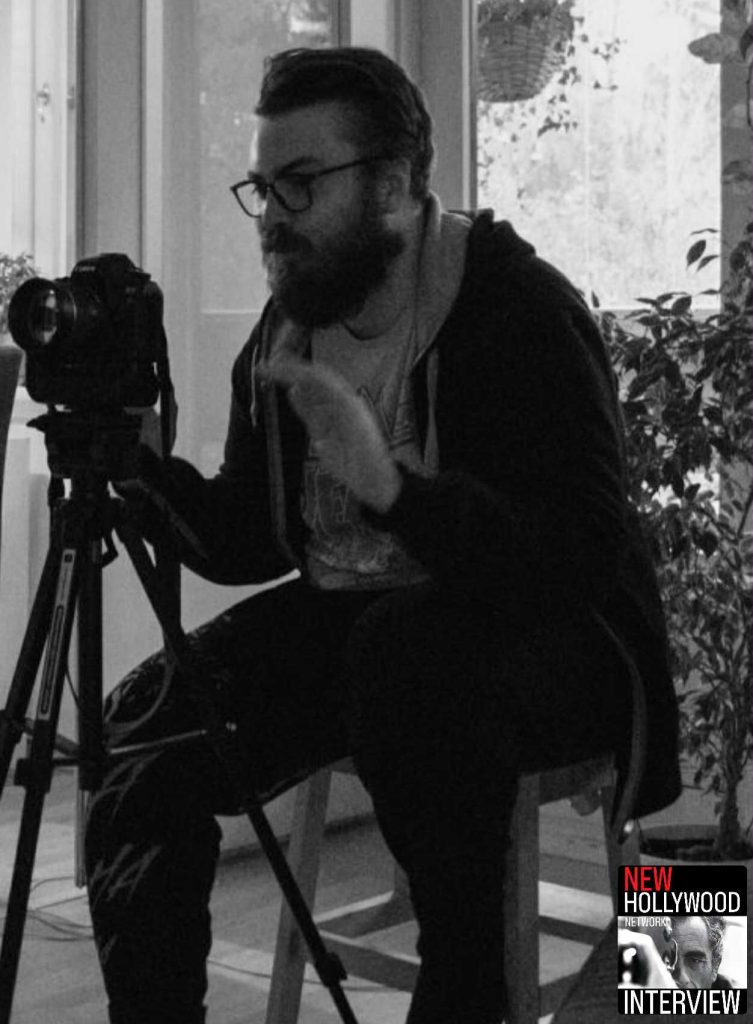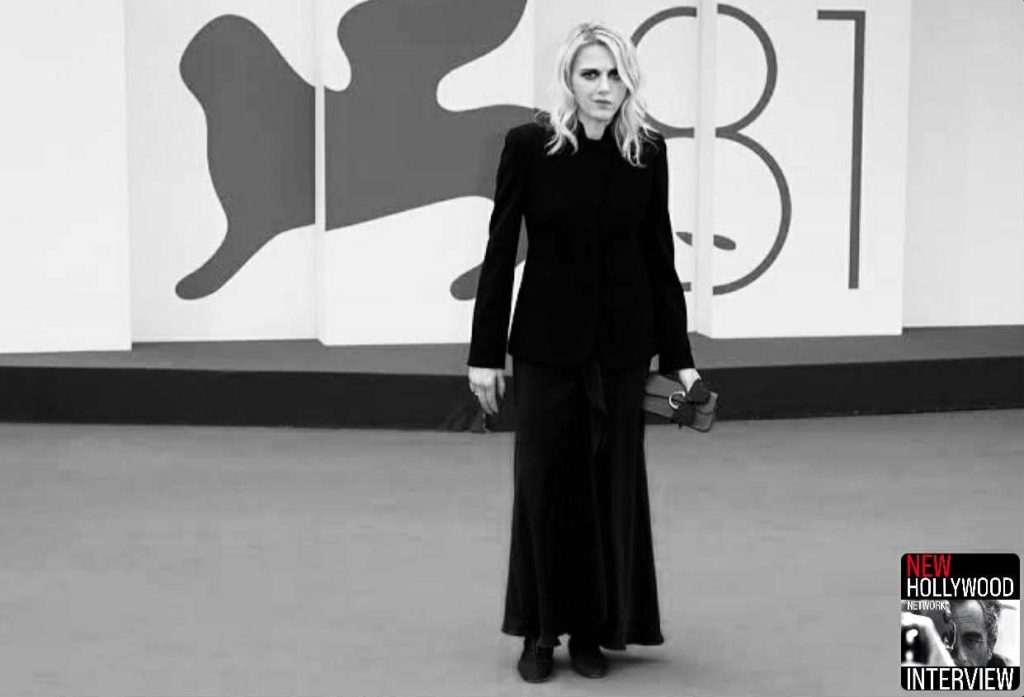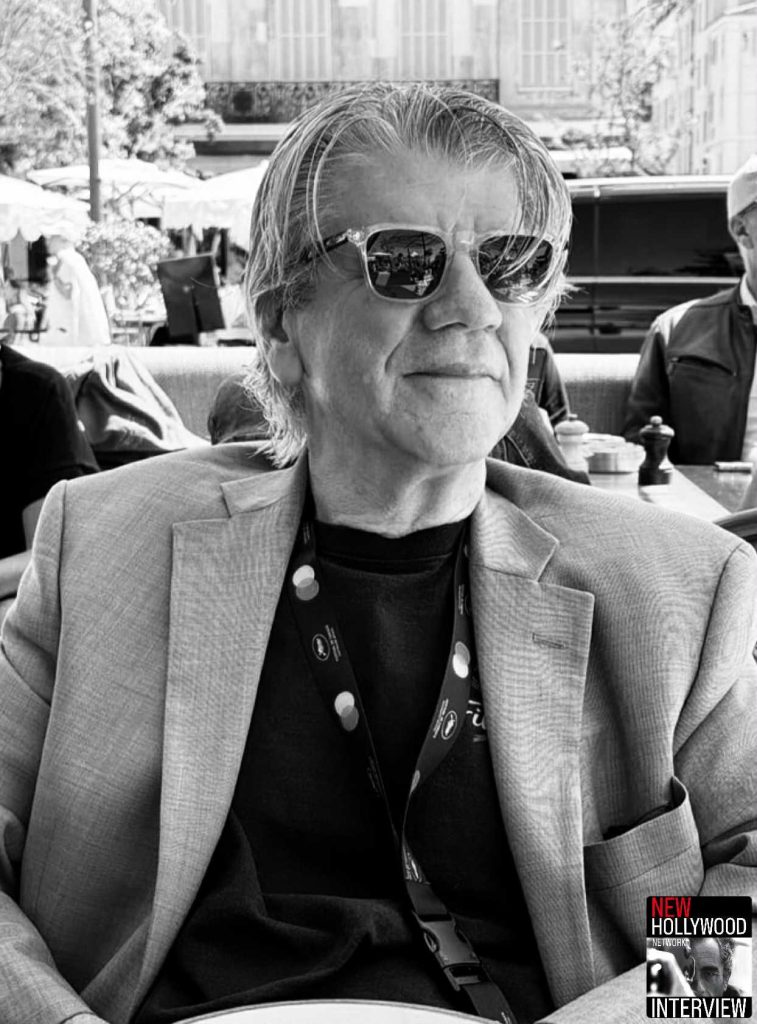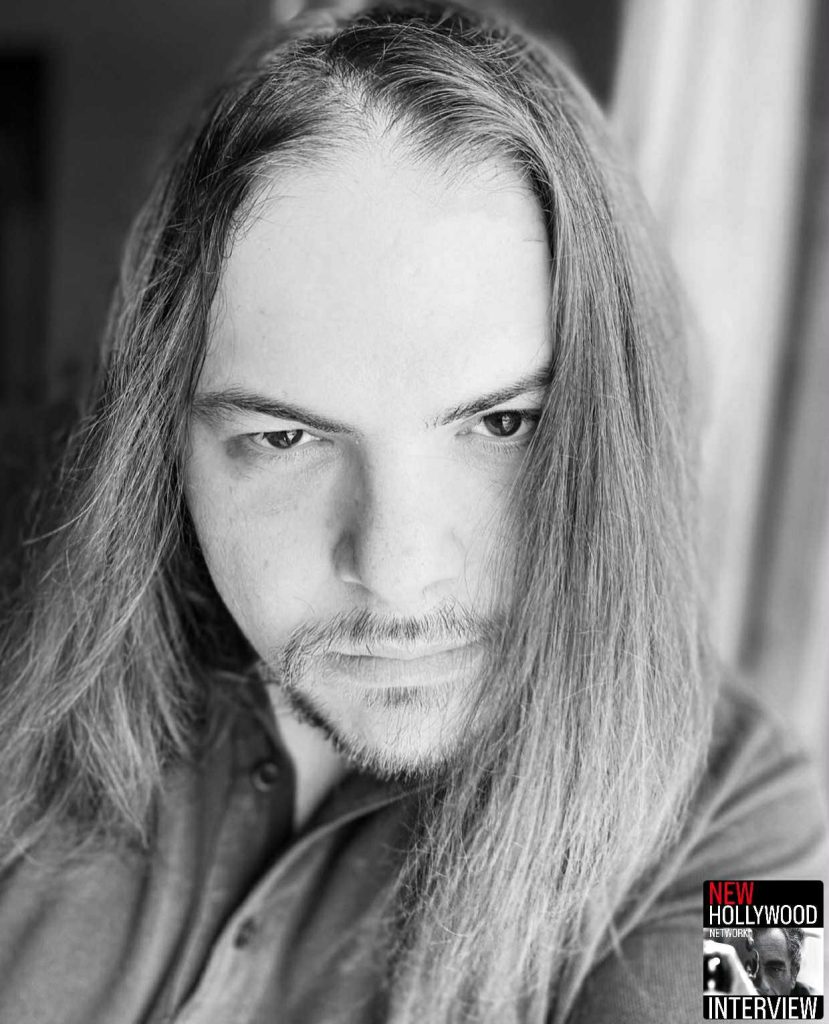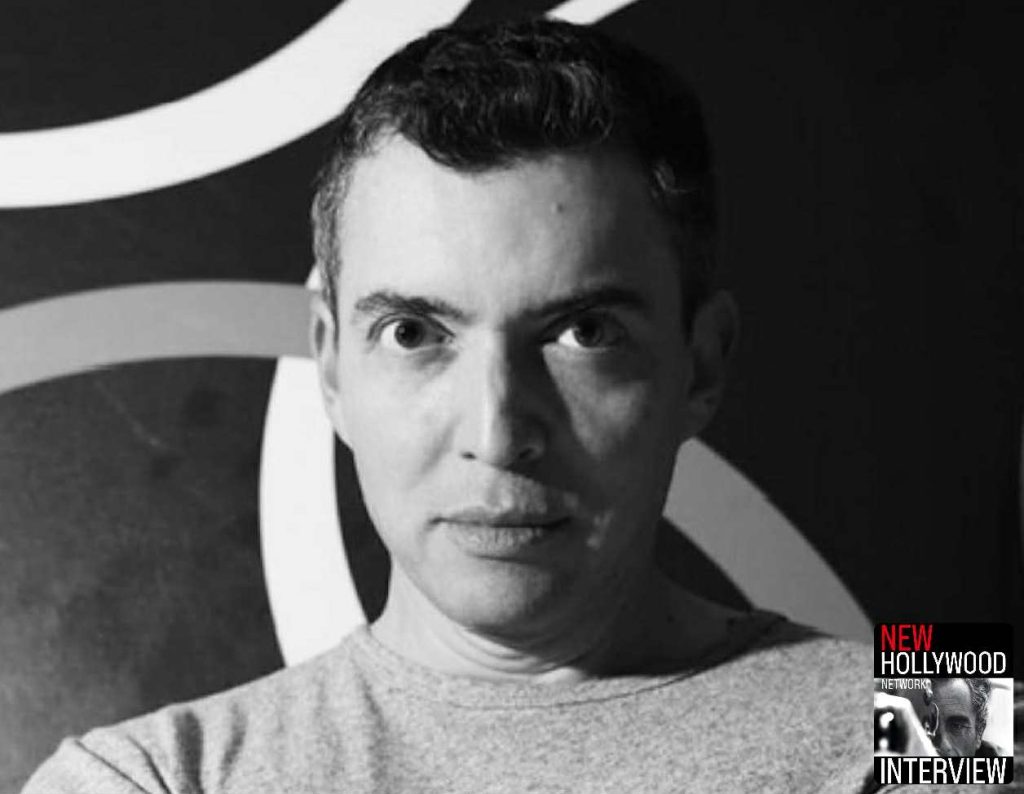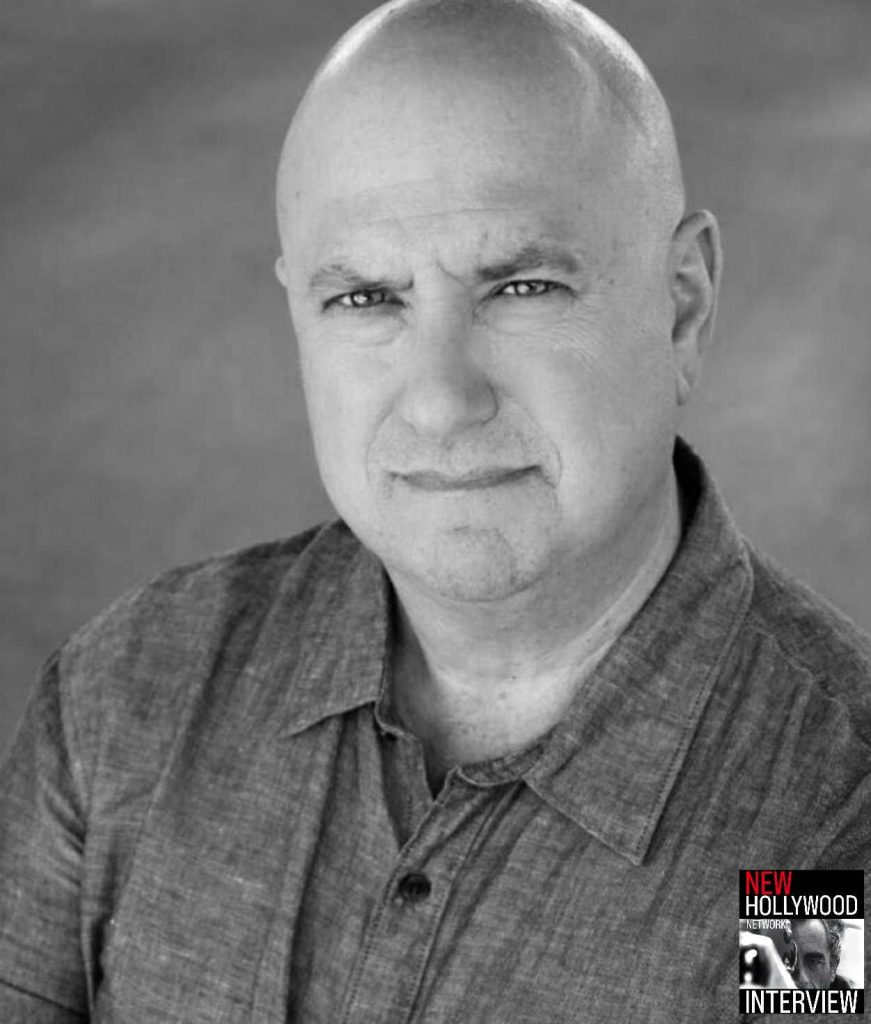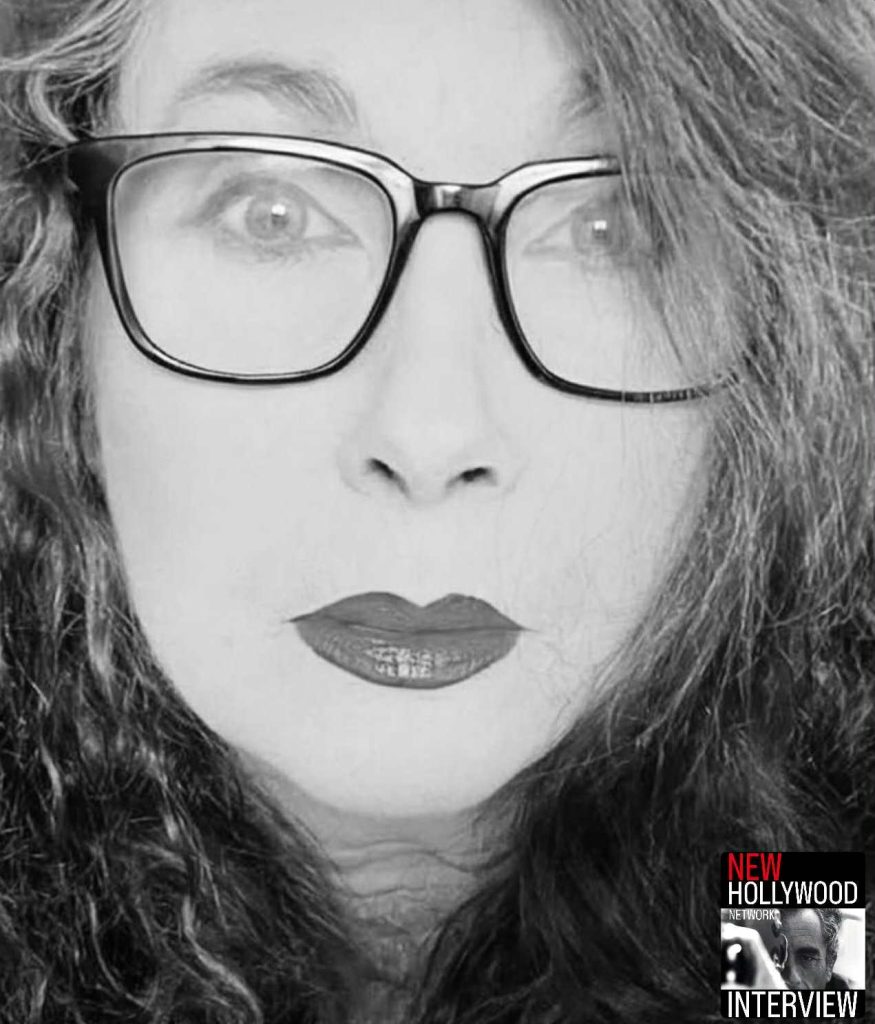
Where does your desire to express yourself through art come from?
In the tender dawn of my existence, I embarked upon a sacred journey with art and film as my chosen mediums—ever striving to expand the boundaries of what these forms can embody. Though I wield the cinematic lens, I still consider myself a painter, shaping films and narratives with brushstrokes of poetry and rhythm.
My creations are meticulously filmed and edited, destined to grace diverse canvases—projected upon islands and edifices, or more intimately upon cushions, canvases, and even gravestones. I also delve into documentary filmmaking, short films, and synchronized cinematic installations, which find homes in galleries, art halls, and museums. My short films travel the globe.
In my universe, the boundaries of cinema dissolve; only imagination dares to stem its boundless flow. Perhaps this passion was kindled in my earliest years, cradled upon a sheepskin rug before the flickering light of the television—my hearth of yore—where the magical world of film awakened my senses to scent, taste, and sound, reviving memory through the viewer’s gaze.
And so, I seek to shatter confines and fling open the doors, forging spaces for awareness and reflection through the alchemy of moving images.
What are your goals as an artist?
The journey itself is the destination—a living canvas painted with both light and shadow. Existential questions have always stirred the depths of my soul, and perhaps the truest aim of my artistry lies in opening portals for reflection. That, to me, is a noble and necessary pursuit.
What is your opinion on the cultural industry?
This question unfurls a tapestry of complex, layered answers. Culture, to my mind, transcends the rigidity of industry—it evolves, breathes, and pulses like waves upon a restless sea. The cultural industry, by contrast, may often seem static, formulaic, and less hospitable to the artist’s wandering eye.
And yet, both language and industry shape our creations. My creed is simple: live and let live. I trust that true art—imbued with the soul of its maker—seeps through the seams, igniting hope, insight, and vitality within both culture and its commercial counterpart.
Do you think independent artists today have enough opportunities to share their creativity?
That depends on the nature of the artist’s work, but my heart responds with a resolute no. There is an ongoing need to carve new paths and create more spaces for free, unbound expression. We must challenge the limits imposed on independent cultural workers—and perhaps, in solidarity, reshape the very conditions under which we create.
Wild Filmmaker stands as a shining example of how the cinematic landscape can be reinvented. Long live untethered, international art—art that knows no borders, only bridges.
What new project are you currently working on?
At this very hour, as the dawn whispers, I am unveiling my experimental short films, The Rorschach Test and Not Without Gloves, to the festival circuit and far-flung venues.
My newest cinematic odyssey, The Aesthetics of Failure, emerges as a concise yet profound tapestry—experimental, poetic, and rooted in the universal human contemplation of failure. Rendered in stark black and white, it bathes the screen in the quiet courage of imperfection’s haunting beauty.
I am currently immersed in a vibrant creative flow—developing new scripts, textual compositions, and visual narratives, all coalescing into contemplative cinematic tapestries. I invite the audience to remain attentive, their gaze open with anticipation, as these embryonic visions unfurl into a symphony of new horizons, where the soul of cinema dances with the infinite.




